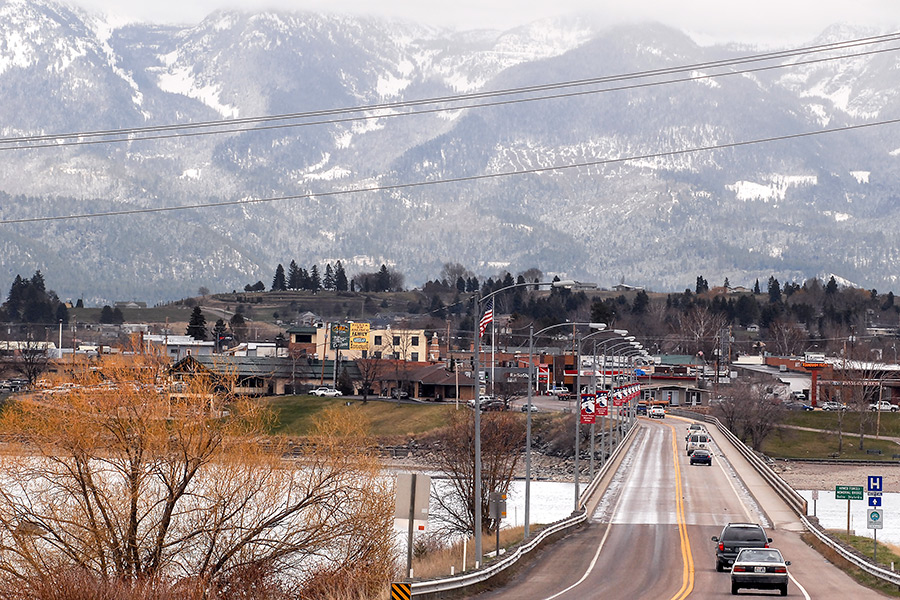Voters in Polson will have the opportunity to approve or deny a proposal to enact a resort tax during a special election on Feb. 2, which city officials conservatively estimate will raise $700,000 per year during its proposed 20-year duration.
The 3% tax would be applied to goods and services sold by lodging and camping facilities, restaurants, bars, clubs and all food and alcoholic beverage establishments and destination recreational facilities.
Polson received its designation as a resort community in 2009 from the
Montana Department of Commerce. The city considered a resort tax that year, but voters ultimately rejected it.
Eighty percent of the revenue collected will go to infrastructure maintenance, such as improving and repairing streets, sidewalks, curbs and gutters. Seventeen percent of the tax revenue will go toward property tax reductions for residents within the city of Polson, and the remaining 3% will go to administration costs.
Polson City Manager Ed Meese said the tax would greatly aid the streets department budget. According to Meese, the annual budget for the department is around $400,000, and the estimated cost to reconstruct one block of street is $335,000.
“That almost expends the entire budget. We don’t have the funds available currently to do what needs to happen over several years,” Meese said. “If the ballot passes, it provides a known revenue source for street improvement that is not reliant on property taxes. That’s the big thing — it’s a non-property tax revenue source funding critical street improvements.”
To raise an equivalent amount of revenue through a property tax levy would require an additional payment of $77.64 for a property valued at $100,000.
City officials have spent months on an education campaign, including conducting four online public forums as well as presentations to various groups, such as the chamber of commerce, Greater Polson Foundation and homeowners associations. Meese also said his office has fielded about five calls a week from private citizens asking questions.
Only cities with populations under 5,500 residents can receive a resort town designation and are allowed to enact a resort tax. The current estimated population of Polson is 5,060, a number that will likely go up once results from the 2020 Census are certified.
“Based on population, I think it’s safe to say it’s a growing possibility that we’ll exceed the population limit soon,” Meese said.
The 3% tax will apply to luxury items, which include lodging services, attractions such as movies and rodeos, recreation vehicle rentals and non-essential retail goods. All city residents, transient visitors and tourists will be subject to the tax.
Tribal enterprises on the reservation are not required to collect state or local taxes, and tribal entities operating with in the city limits will not be required to collect the tax. In addition, enrolled members of the Confederated Salish and Kootenai Tribes will not be required to pay the tax.
Eleven other tourist-oriented cities across Montana have implemented a resort tax, including Whitefish in 1995 and Columbia Falls last year.
Columbia Falls passed its ballot measure to implement a 3% resort tax within city limits at a June 2 election last summer. City officials in Columbia Falls estimate the tax will generate $450,000 a year once collection begins Oct. 1.
Polson’s special election will be conducted by mail ballot. Ballots will be mailed to active voters on Jan. 13 and must be returned to the Lake County Election Office by 8 p.m. on the Feb. 2 election day in order to be counted.
Residents are able to register and vote in person at the county elections office at the Lake County Courthouse located at 106 4th Ave. E. in Polson. The elections office is open between 8 a.m. and 5 p.m. Monday through Friday, and will have extended hours from 7 a.m. to 8 p.m. on Election Day.
“The biggest benefit to the resort tax vote is the fact that people get to choose, they get to determine their own destiny,” Meese said. “If the folks of Polson say this isn’t the right thing, we’ll look at other ways to build revenue.”
